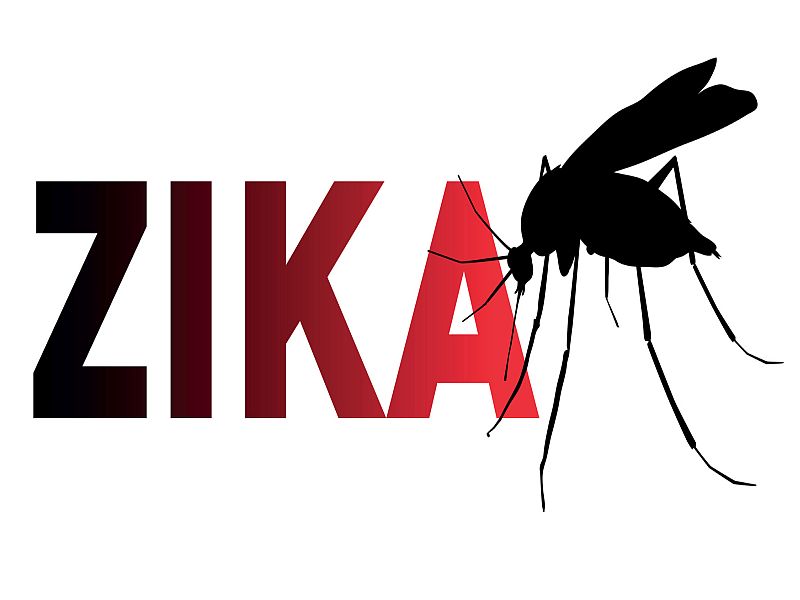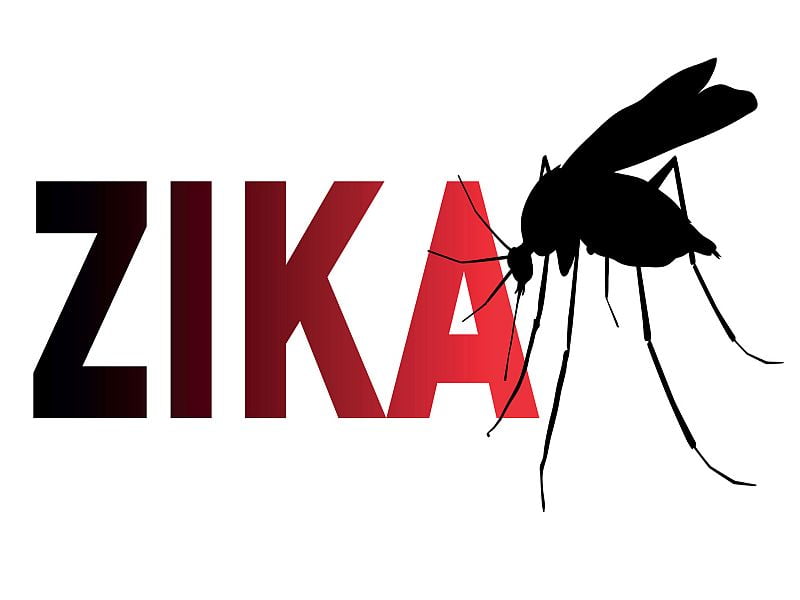
The inflammation caused by a mosquito bite helps Zika and other viruses spread through the body more quickly, a new study in mice suggests.
“Mosquito bites are not just annoying — they are key for how these viruses spread around your body and cause disease,” said senior study author Dr. Clive McKimmie. He is a research fellow in the School of Medicine, at the University of Leeds in England.
“We now want to look at whether medications such as anti-inflammatory creams can stop the virus establishing an infection if used quickly enough after the bite inflammation appears,” he said in a university news release.
The researchers studied the bites of the Aedes aegypti mosquito, which spreads infections such as Zika, dengue and chikungunya. When a mosquito bites you, it injects saliva into your skin. The saliva prompts immune cells to swarm the site.
But instead of helping, some of the immune cells get infected and replicate the virus, according to the study.
“This was a big surprise we didn’t expect,” McKimmie said. “These viruses are not known for infecting immune cells. And sure enough, when we stopped these immune cells coming in, the bite did not enhance the infection anymore.”
The findings suggest that it might be possible to use anti-inflammatory drugs to treat mosquito bite inflammation before any symptoms begin.
“We think creams might act as an effective way to stop these viruses before they can cause disease,” McKimmie said.
Experts note that research on animals often fails to produce similar results in humans. However, If this approach proves effective, it could be used against a large number of viruses, the researchers suggested.
Right now, the epicenter of the Zika outbreak is in Brazil, where close to 5,000 babies have been born with a devastating birth defect after their mothers were infected with Zika early in pregnancy. The affected babies have microcephaly, which is when an infant is born with an abnormally small head and brain, and other neurological problems.
U.S. health officials are increasingly worried that Zika will strike the U.S. territory of Puerto Rico and Gulf Coast states on the mainland as the mosquito season starts to heat up this summer.
“Nobody expected Zika, and before that nobody expected chikungunya,” McKimmie said. “There are estimated to be hundreds of other mosquito-borne viruses out there and it’s hard to predict what’s going to start the next outbreak.”
The study was published June 21 in the journal Immunity.




